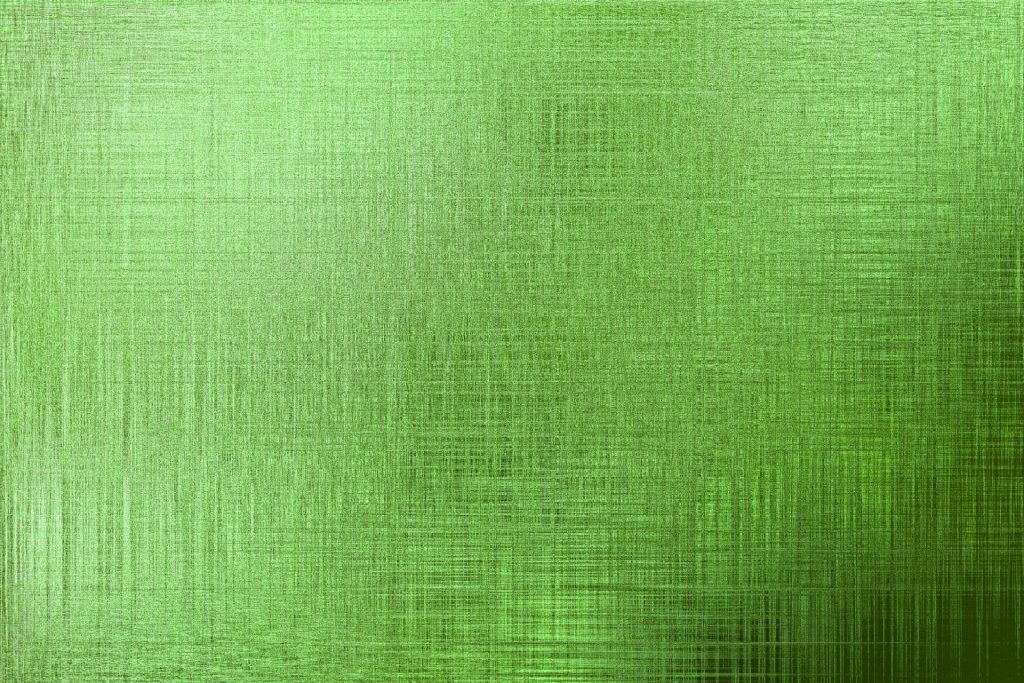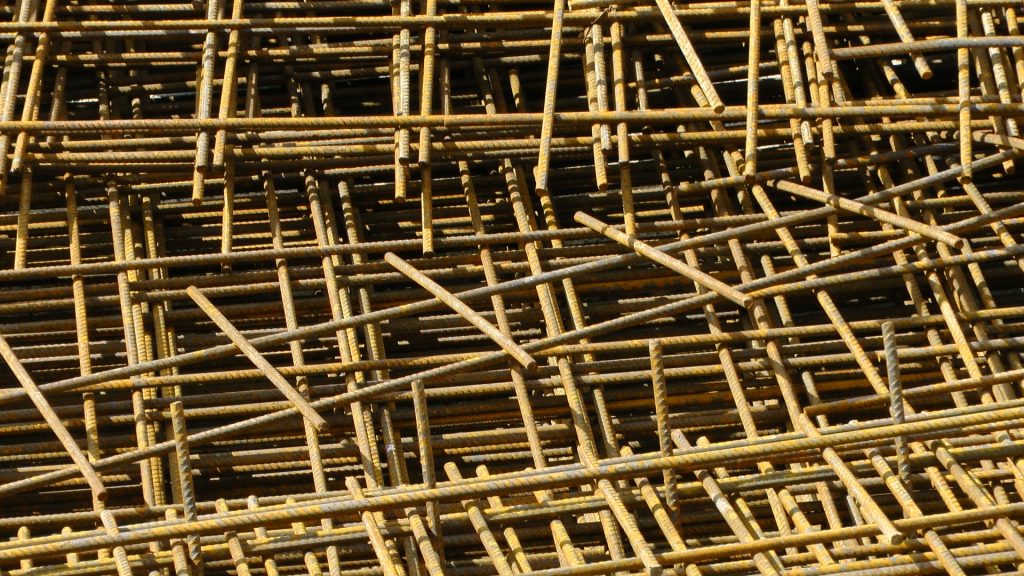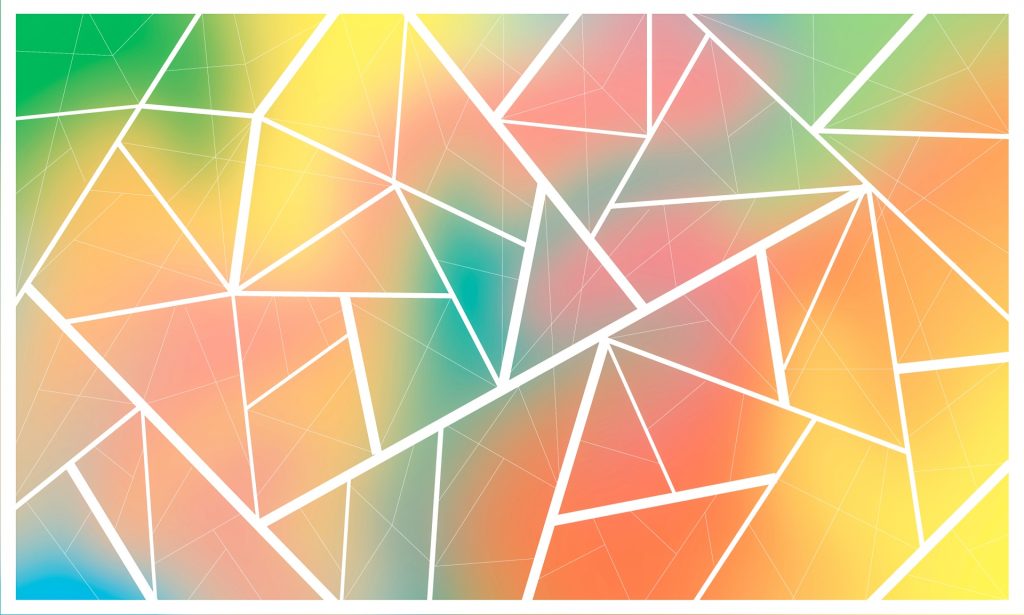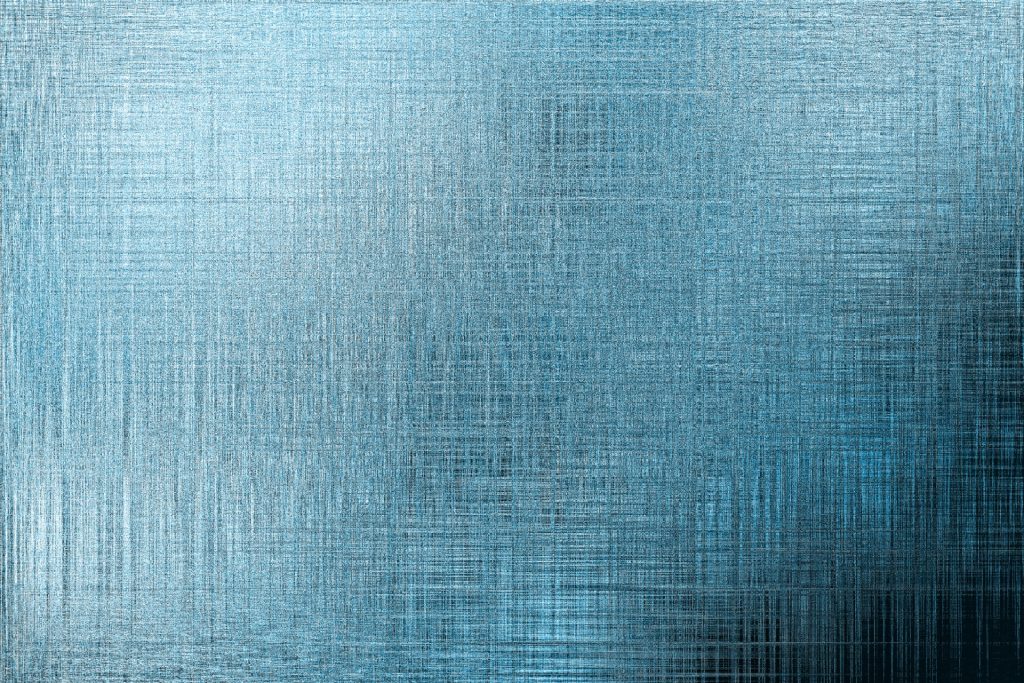No one is an island, as poet John Donne reminds us. We all exist within a unique network of relationships and environmental conditions. This issue explores how we co-create our lives in conjunction with our surroundings.

Z.I. Mahmud explores some of Donne’s works in his analytical look at a selection of British and Indian books addressing (among other themes) social justice and colonialism.
Mark Young also considers our cultural heritage in his narrative essays on how he has responded to various notable works of art and literature.
In a cultural analysis in keeping with the issue’s theme, Christopher Bernard concludes his essay “What’s Wrong with Liberalism.” In this essay, he claims that an unbalanced exaltation of personal liberty above all other social values underlies both neoliberalism and progressivism and paradoxically leads to increasing restrictions of freedom, extreme inequalities of wealth and power, and a sense of loss of control by voters and citizens over the political order as a whole.
Mark Murphy’s poetry also urges humans in industrialized societies to think beyond the pursuit of our own freedoms. We need to ask why we are taking actions that ravage the natural world and indigenous peoples and whether our planet’s future is inevitable.

Jaylan Salah interviews Mel Eslyn on the new film Biosphere which deconstructs toxic masculinity and environmental mismanagement through humor and camaraderie. Mykyta Ryzhykh speculates on who we’re becoming and where we’re trying and failing to find nourishment in an alienating modern techno-age.
Sayani Mukherjee’s poetic speaker asserts that she’s retreating from human politics to discuss the important subject of nature. On the other hand, Elmaya Jabbarova mixes the two topics in her patriotic call to live noble and sustainable lives.
Don Bormon’s piece revels in the fruitfulness of the rainy season and new growth in his native Bangladesh.
Aklima Anthi speaks to a complex, wounded, but unconditional relationship to nature. Duane Vorhees’ poetry mourns lost wildness and wilderness. Noah Berlatsky speculates on our genetic and physical linkage with jellyfish.
Kushal Poddar looks at our relationship to nature on a small scale, everyday encounters with insects and geese. Isabel Gomes de Diego sends us natural scenes of snow, forests, and beaches while Daniel De Culla does the same from a closer vantage point: thistles and trees.

Jonathan Butcher crafts scenes of curated natural and human-built environments, probing memory and decay. Jim Meirose’s story soundscape creates the atmosphere of an archaeological dig. J.D. Nelson’s subterranean haikus let readers glimpse bits of the world, like a child jumping up to a high window. Henry Bladon renders the noise and sounds of a city as music, bending the 90s and today into a dream. Alan Catlin joins words and cultural phrases together into a branching flow of meaning and consciousness while Channie Greenberg’s lines of different shapes illustrate a creative union between natural and technologically inspired aesthetics.
Azemina Krehic offers up a passionate love poem to the stars. Staring up at the moon inspires Mesfakus Salahin’s piece. Slava Konoval creates a poetic romance between lightning and thunder, while also speaking to the Russian invasion of Ukraine.
Gustavo Galliano envisions a pandemic that mutates both the planet and human thinking. Graciela Noemi Villaverde denounces war and other violence against children and families.
Jerry Langdon makes that point more personal, illustrating the destructiveness of obsession with power, how it disintegrates a personality.
Many writers address destructive and constructive intimate personal relationships.

Chimezie Ihekuna explores the problems that arise in a marriage when people bring unresolved issues and irresponsible behavior into the relationship. Romantic feelings are not always enough to make things work.
Feruza Abdullaeyva describes the pain caused by a friend’s selfishness, while Richard LeDue mourns the slow death of fading love. J.J. Campbell’s speaker’s memories are interspersed with reflections on aging and the pain of loss and loneliness.
Bill Tope reminisces about a wild 1960s road trip where danger and adventure lurk beneath the surface. Some of the peril comes from fair-weather friends.
In contrast, Mahbub Alam writes of steady and nourishing emotional connections, and Annie Johnson honors a relationship that has grown and deepened over many years. Jasna Gugic illuminates the explicit and implicit connections among lovers.
Yike Zhang evokes a ethereal, intense, and transcendent love while Maja Milojkovic seeks authentic human connection rather than the illusions of empty religious practice. Czarina Daltiles writes of human striving, how the desire for accomplishment drives many of us, yet perhaps our greatest joys are simply being able to share little moments with our loved ones.

John Edward Culp expresses a natural and easy connection between friends, while Emina Delilovic-Kevric captures a simple and calm domestic scene. Santiago Burdon humorously details an encounter where two strangers see through each other’s subterfuge and bare their souls to each other on a plane. Steven Bruce relates a humorous memory of finding grace in everyday awkwardness.
Jasmina Ortikova encourages us to look to the past and honor our elders. Nozima Gofurova pays tribute to those who have helped her achieve, personally and academically.
Some other contributors focus on an individual person, while still clearly illustrating that the outside world shapes who they are.

In Obirija Joshua’s poem, he reflects on his place in the world on his birthday, guided by his grandmother’s prayers. Sayifov Botirali extols the importance of education and personal development, while Mohinur Murodova highlights some women’s contributions to science, technology, engineering, and mathematics.
Bella Angel Douglas outlines the experience of carrying the emotional pain of rejection, while Vern Fein’s work touches on the circumstances of life and death, what gives our lives meaning and dignity.
Finally, Lilian Dipasupil Kunimasa reminds us that life is short and we should make the most of the time we have on the earth.
